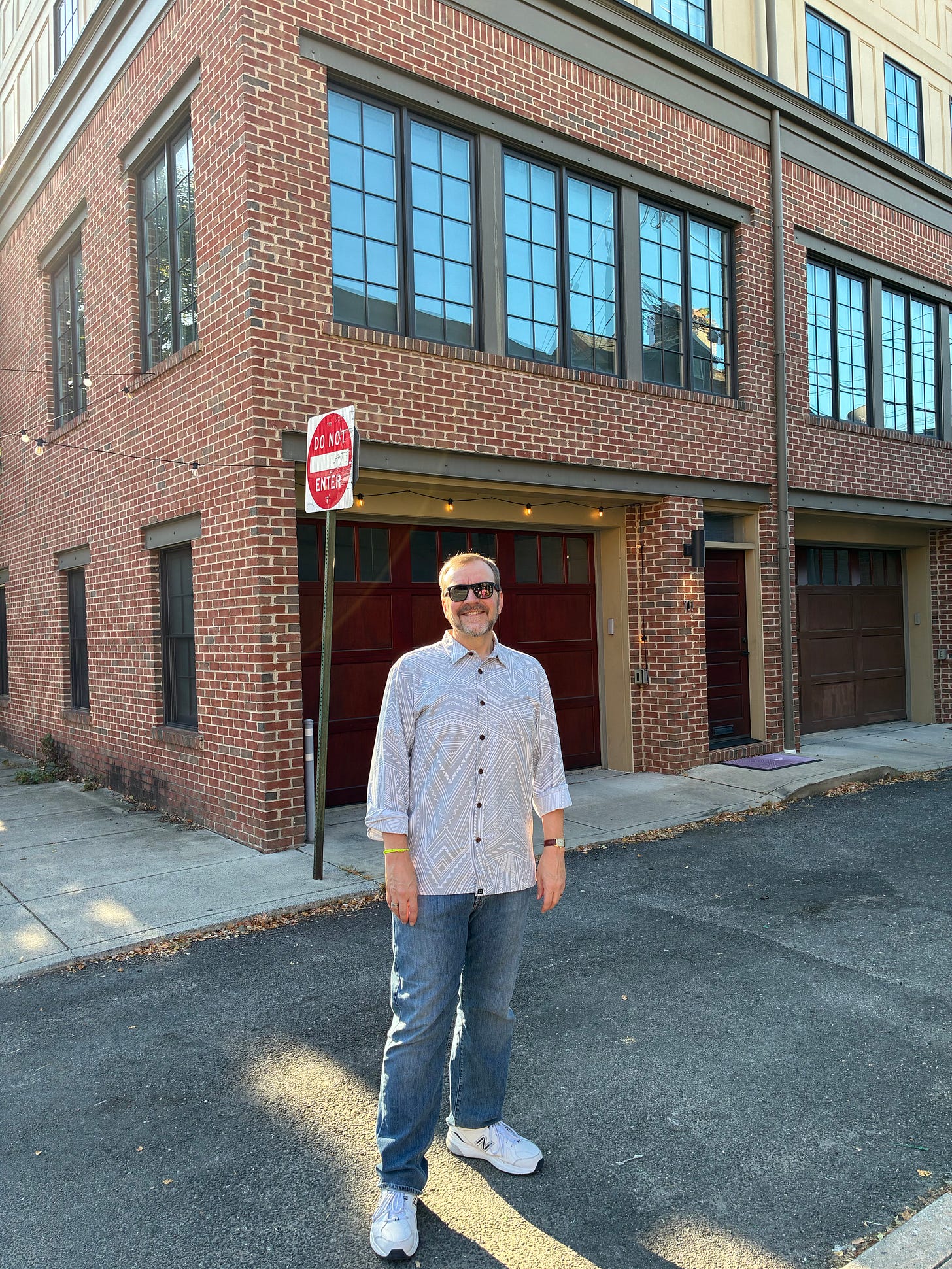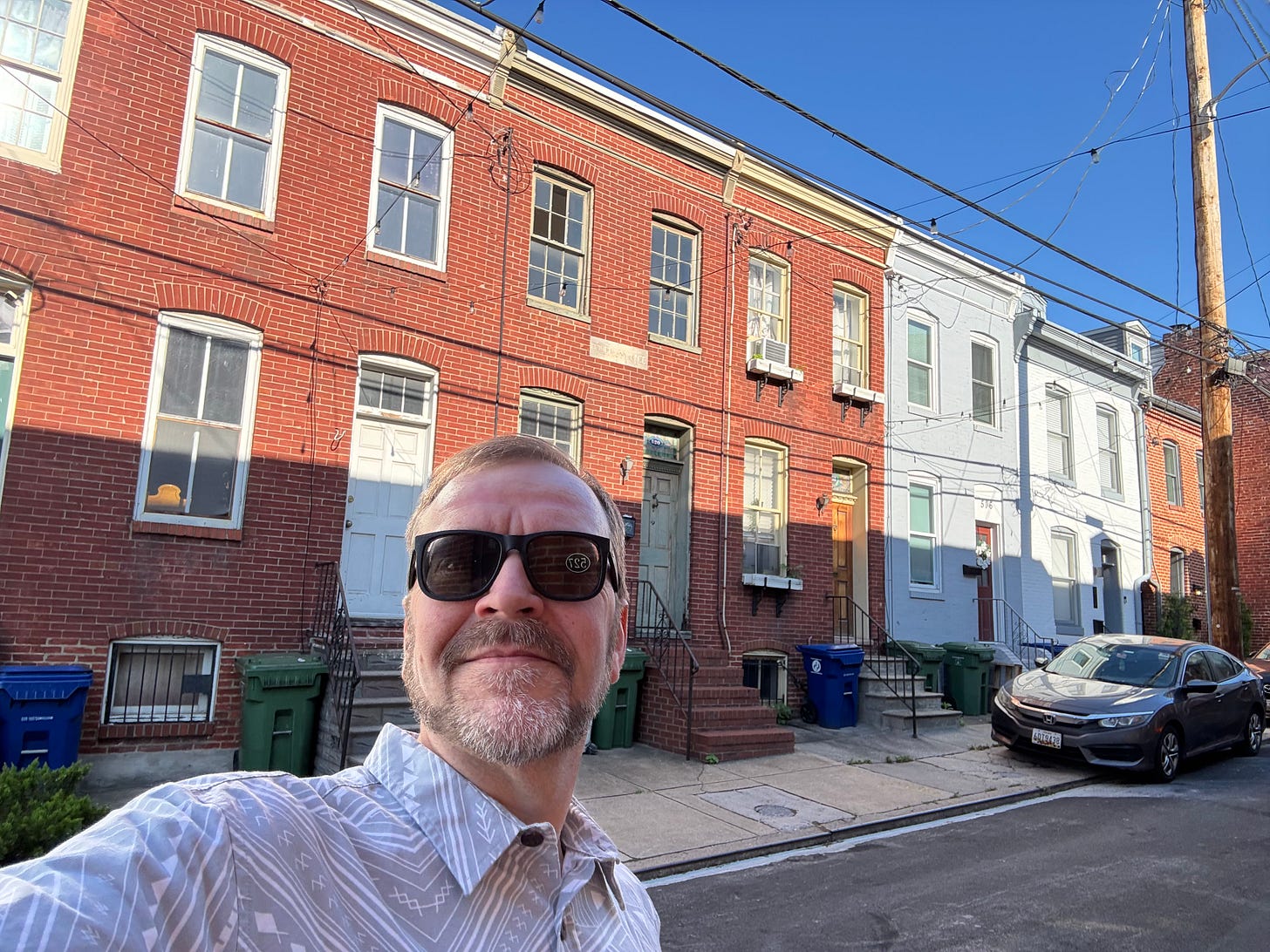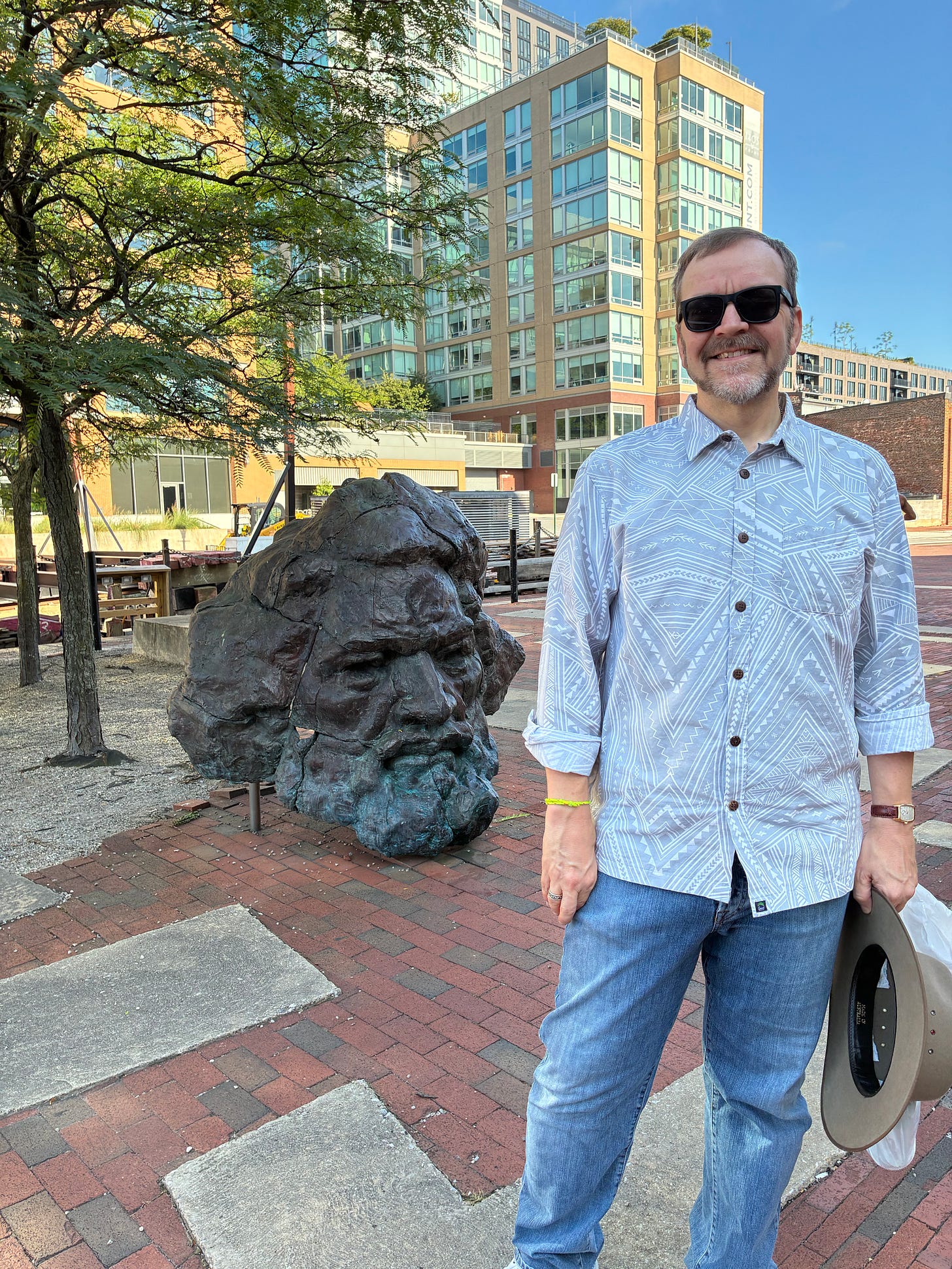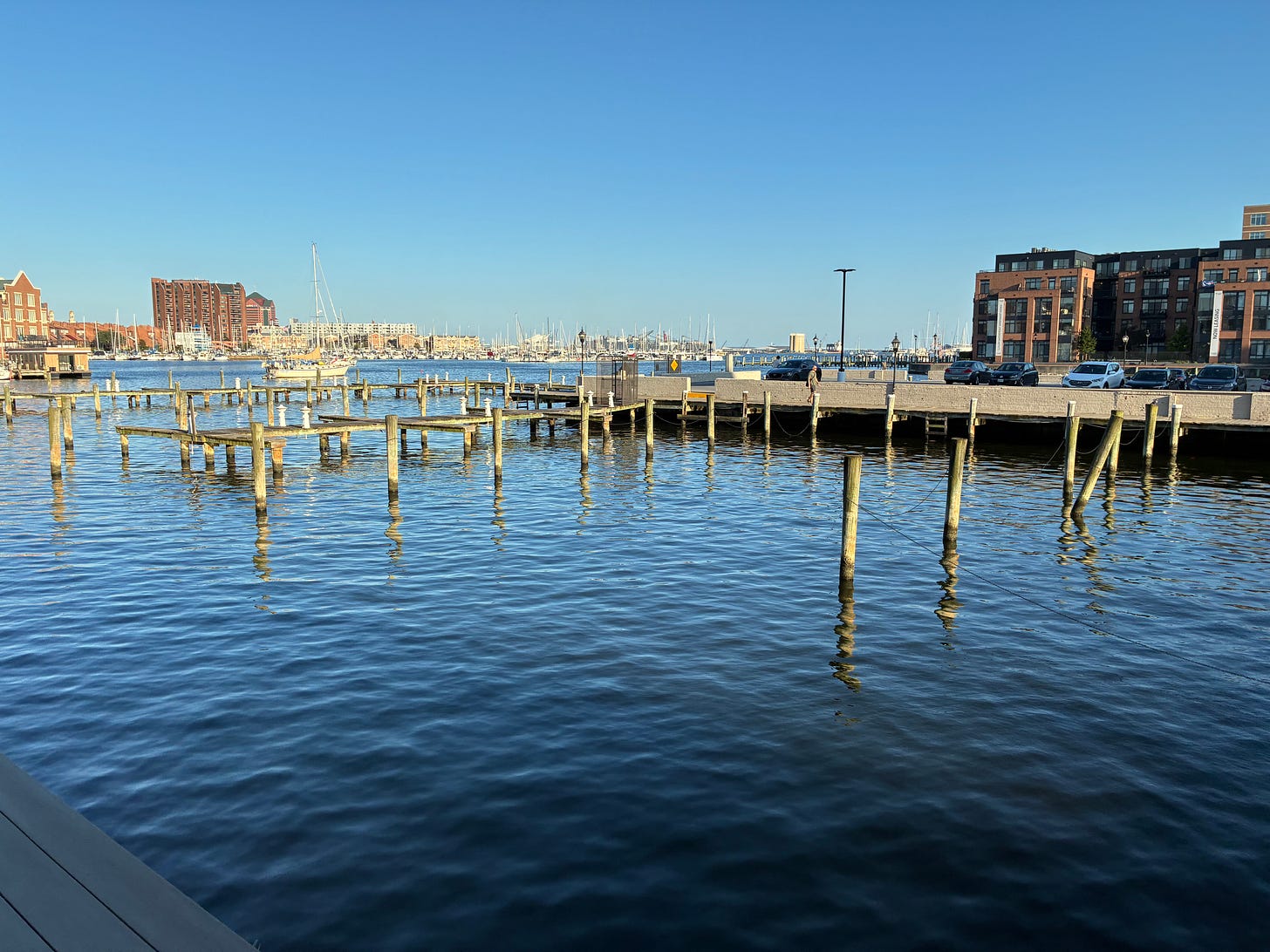"As those who part look long in the eyes they lean to,
Lest they forget them."- Sarah Teasdale on September
Book news
I’ve finished (I hope!) the manuscript for my book on the Declaration of Independence, which is set for publication next year. It’s been a lot of work—probably more than on any of my other books (except the Bronowski book; that took me 20 years). Still much to do on it, though. I will say, I’ve learned an enormous amount writing it—which is one of the real rewards of a project like this.
Meanwhile, my book You Don’t Own Me: Individualism and the Culture of Liberty is just about done; they’re putting the finishing touches on the cover now, and it should be shipping at the end of October. (You can pre-order it on Amazon here.) This one looks at how the principle of individualism has manifested itself in the art, literature, and music—not just of America, but of the whole world. I hope you’ll enjoy it.
Sammy Davis, Jr.: tragedy and triumph
The new issue of The Objective Standard includes my article on the life and achievements of Sammy Davis, Jr., adapted from the talk I gave at the LevelUp conference in July. Sammy was a truly amazing man, whose memoir, Yes I Can, is one of the best autobiographies America has ever produced. Sadly, Sammy seems to be in danger of being forgotten nowadays. This is partly because he’s politically incorrect—and always was—and partly it’s because of the legal and financial chaos that he left behind when he died. There are rumors of a biopic in the making…but we’ll just have to wait and see about that. In the meantime, check out my article here.
Technological progress and government foolishness
I spoke with Jack Armstrong of the Armstrong and Getty Show the other day about a bunch of different things: the amazing technology of Waymo and whether technology puts people out of work; the constitutionality of firing the Fed Chairman; the Utah Supreme Court’s awful decision in the Salt Lake City homelessness lawsuit—and more. You can listen here.
Cato University
I had the honor of speaking at Cato University this month. It was almost 30 years ago that I was a student at Cato University myself, and that was where I first met David Boaz. So I used Boaz’s last speech as the starting point for my own remarks. You can listen here:
Baltimore
While in the D.C. area, we took some time to go by some of the Frederick Douglass sites in Fell’s Point, including the site of the home where he lived with Hugh and Sophia Auld at the time he was punished for learning to read. The house is no longer there, of course…
…but the houses he paid to build as rental investments in the 1890s, called Douglass Homes, are still there:
(If you look closely, you can see it says “Douglass Homes” in that stone behind my head.) There’s also a giant bronze Douglass head on the ground at the end of Thames Street…for some reason….
Incidentally, I happened to be reading, at my friend Eric Daniels, a book about Barron v. Baltimore, and at the other end of the street is the wharf that gave rise to that lawsuit. It’s still a wharf, but now with a parking lot.
Is the right to a jury truly “inviolate”?
Meanwhile, at work, we filed a couple briefs in cases in the Arizona Supreme Court asking it to decide whether administrative agencies can evade the constitutional protection for the jury trial right by simply bringing cases as in-house “administrative hearings,” instead. The U.S. Supreme Court last year ruled that federal agencies can’t do that, and in our briefs, we argue that state agencies can’t, either. You can learn more about that here.
The tariff case
As you know, the Federal Circuit declared the Trump Administration’s “Liberation Day” tariffs illegal on Friday. The court cited the brief the Goldwater Institute filed, which was pretty cool. You can read that brief here.
Don’t forget to check the Goldwater Institute’s In Defense of Liberty blog regularly for updates on what’s going on at the office.
Pride and Prejudice Suite
I’ve lately been listening to Jacques-Yves Thibaudet’s beautiful album Carte Blanche, which includes his performance of the magnificent Pride and Prejudice Suite by Dario Marianelli. I remember being astounded by this music when I first saw the film; Marianelli managed to compose something that, while obviously not an actual early-nineteenth century piece, nevertheless managed to capture something very true to the music of that era. I don’t know enough about music to describe it technically, but it’s astounding how it feels like something Beethoven or Schubert would have composed if they were alive today. Here’s a bit:



